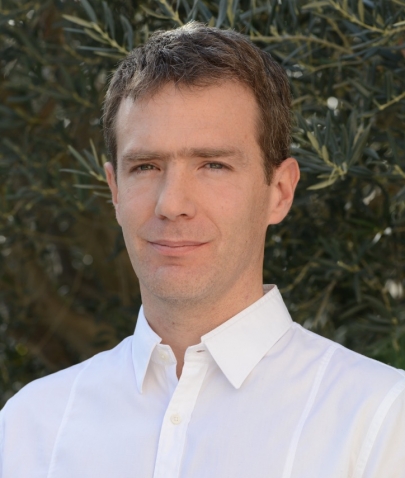Michael Le Bars
Aix-Marseille University
Seminar Information

Jupiter’s dynamics shapes its clouds but remains largely unknown below this natural observational barrier. Unravelling the underlying three-dimensional flows is thus a primary goal for NASA’s ongoing Juno mission. In parallel, and to take the most of this continuous flux of new data, we have addressed the Jovian dynamics using idealized laboratory experiments complemented by theoretical and numerical analyses. I will present here our main recent results. First, I will describe the generic force balance responsible for the three-dimensional pancake-like shape of Jovian vortices, and I will comment on our prediction of the Great Red Spot’s thickness. I will then explain the formation of the observed long-lived, strong, large Jovian jets by a subcritical bifurcation coming from the resonance between forced Rossby waves and the background flow. Similarities with observed patterns and mechanisms in Earth’s oceans and atmosphere, including Meddies and super-rotation, will be drawn. My main objective is to illustrate the benefits from a constructive, multi-method and interdisciplinary approach of such challenging open questions.
Michael Le Bars is a CNRS Research Director at the Institut de Recherche sur les Phénomènes Hors Equilibre (IRPHE, CNRS / Aix-Marseille University / Ecole Centrale Marseille, France), currently visiting Scripps Institute of Oceanography. He is the head of the "Natural flows, environment, universe" group at IRPHE, and led, from 2015 to 2021, the ERC project FLUDYCO dealing with the dynamics of planetary fluid layers. His research, at the frontier between fundamental fluid mechanics and space and planetary sciences, combines experimental, theoretical and numerical approaches. His work aims in particular at contributing to opening up new research avenues on the dynamics of specific planetary and celestial objects in direct connection with available data, such as for example the excitation of the passed magnetic field of the Moon by libration forcing, the existence of a universal form of mesoscale floating vortices in the oceans, or the form and shape of zonal jets and vortices in Jupiter. He received his training at the Department of Physics of Ecole Normale Supérieure and at the Institut de Physique du Globe de Paris, then did a postdoc at the University of Cambridge (DAMTP). He is the recipient of the Doornbos prize from SEDI in 2010, the CNRS bronze medal in 2012, and the Leconte prize of the French Academy of Sciences in 2019.
